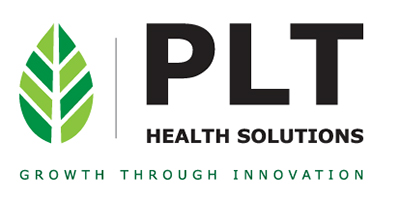PLT Health Solutions has received non-GMO verification from the Non-GMO Project company for its Rhodiolife Rhodiola rosea ingredient. The verification covers raw materials, manufacturing processes and logistics.
Introduced in the US market in the late 1990s, Rhodiolife is manufactured by PLT innovation partner Nektium. Rhodiolife raw materials are sourced from the Altai Mountains in Siberia featuring an industry-leading cultivation programme that delivers what some have called the most sustainable Rhodiola on the market.
In April 2023, PLT announced that the Rhodiola material it markets in North America is CITES compliant.
We can point to significant sustainability achievements, regulatory compliance, traceability, enhanced delivery via water solubility and lab verified quality as some of these efforts
- Devin Stagg, COO for PLT Health Solutions
According to Devin Stagg, COO for PLT Health Solutions, non-GMO verification for this Rhodiola rosea ingredient is part of the overall commitment to build trust with consumers and offer the ideal ingredient for consumer brands.
“Rhodiolife has been a leading, premium form of Rhodiola for decades, with a reputation for sustainability and consistently high quality. Nektium has made moves in the last two years to up the bar on the value this ingredient offers product developers and consumers. We can point to significant sustainability achievements, regulatory compliance, traceability, enhanced delivery via water solubility and lab verified quality as some of these efforts,” said Stagg. “Our non-GMO verification with the non-GMO Project helps to underscore the clean label nature of this ingredient.”
Supporting a premium Rhodiola ingredient
According to Stagg, ingredient identity, traceability, transparency and consistency are the hallmarks of a premium ingredient in the nutraceuticals market today.
Stagg said: “The Nektium ID Assessment programme includes multiple identity tests on every batch of Rhodiolife, including macroscopic and sensorial analysis, development of chromatographic profiles, and independent DNA barcode analysis to ensure authenticity of the raw material. The material is then standardised to provide precise levels of key bioactive compounds, rosavins and salidroside."
"The resulting HPLC ‘fingerprint’ of the Rhodiolife extract is consistent from batch to batch and matches that of the native root. It is that kind of attention to detail that defines what a premium ingredient can be and is our commitment to our customers,” Stagg said. “Authentication is especially important when adulteration is suspected. Recently, the American Botanical Council’s Botanical Adulterants Prevention Programme suggested that high demand for Rhodiola rosea has led to it being mixed or interchanged with other Rhodiola species before being exported from Asia.”
The Non-GMO Project is a nonprofit organisation committed to building and preserving the non-GMO food supply. Its product verification programme evaluates products for compliance with the Non-GMO project standard. The standard is a consensus-based document crafted with insight from a number of industry experts, reflecting a dynamic range of perspectives.

